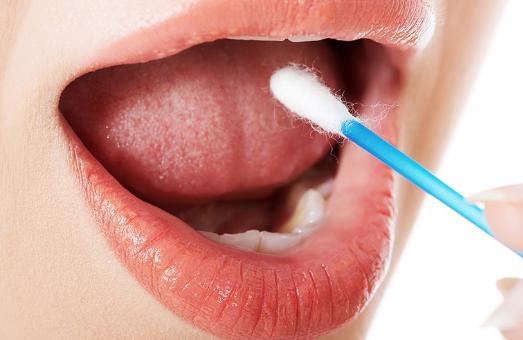With the online dating market exploding into a multi-billion dollar business, it's no surprise that entrepreneurs crave a piece of the action. To do that each rolls out their own app, which purportedly is greatly better than the one that came before.
But with would-be dater satisfaction hovering even below the job approval ratings of our elected officials in Washington, tens of millions seeking true romance remain poised to leap to the latest technology – like using an individual's DNA – that promises to deliver that long-desired partner.
With that in mind, enter Pheramor.
This tech start-up, based on Houston, believes that genetic analysis provides the best path to matchmaking happiness. And instead of having the dating fate of customers rely solely on questionnaires that they complete, Pheramor contends that sequencing 11 genes associated with pheromones – which are believed to switch on sexual attraction – will produce a better match.
Diving a bit deeper into the genetic pool, pheramones are controlled by each person's type of human leukocyte antigen, or HLA. And, it says, the greater difference in HLA types, the stronger the chemistry is between two people, which is why Pheramor states, "‘Opposites attract’ is the basis for attraction."
The company then combines your DNA data with your overall social media footprint to build your dating profile, creating an algorithm that, according to its website, "predicts your compatibility based on your attraction, personality and social media."
Pheramor cites a 1997 study, saying it found that "attraction via pheromones is based on genetic diversity of 11 “attraction” genes," adding that "genetic-based human attraction studies have proven for decades to be an indicator of attraction and compatibility."
However, that may be overstating things somewhat. Because while pheromones do act in this way, as far as we know this doesn't take place in the human population.
"In many organisms, pheromones play a key role in their social behaviors. Insects and worms, for example, use pheromones to communicate everything from mating to important social behaviors such as aggregation (coming together in a group)," states ACSH colleague Julianna LeMieux, Ph.D, our Senior Fellow in Molecular Biology who previously wrote on this topic. "And, pheromones have been identified in mammals with much of the research being done in mice. However, we cannot simply extrapolate that to humans."
Pheramones and HLA are complex topics, and as a result it would be best to have her explain them further. Here's her take on the science behind the company's approach.
Pheramor collects your DNA by sending the customer a kit, "which includes your genetic test. Your genetic data is collected through a simple q-tip-like swab," the company explains. "You just swab the inside of your cheeks, put it in the pre-stamped envelope, and send it back to us! No blood, no pain, no sweat! Genetics really is that easy!"
The company says it will guard your genetic data, and it does not look at your entire genome, only the 11 genes associated with attraction. Pheamor also says that you do not have to have social media accounts to take advantage of its service.
As with any product, the marketing, at the very least, has to give the potential customer the feeling that what they're buying will live up to promises being made. And Pheramor accomplishes that, while supporting the concept with the reasoning that while you can exaggerate or bend the truth on your dating profile of another app, you cannot lie about your genes.
“I'm excited to bring this marketplace an app that actually matches people based on science," says Brittany Barreto, Pheramor's CSO and co-founder, "to decrease the number of bad first dates and increase authentic connection,” quoted recently in the journal Nature Biotechnology.
And because your genetic profile cannot be tampered with, that idea provides a pretty strong sales pitch as well as a strong basis for hope of finding that perfect partner – even if science cannot support what's being claimed.




